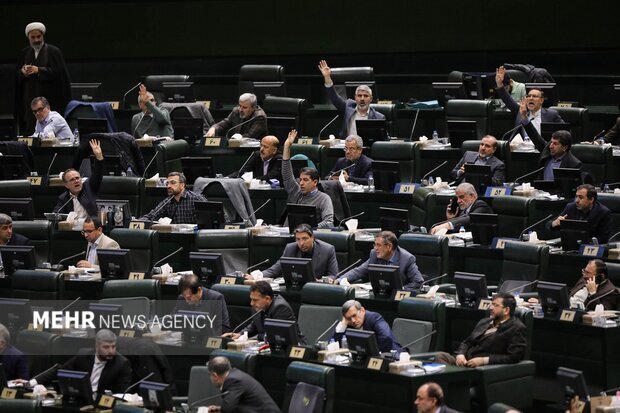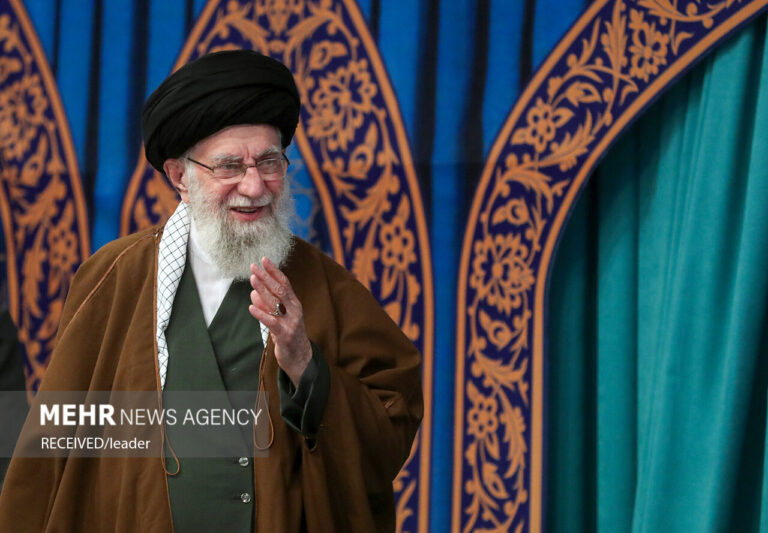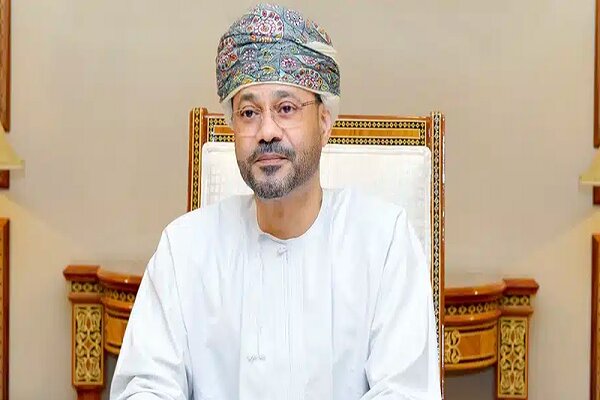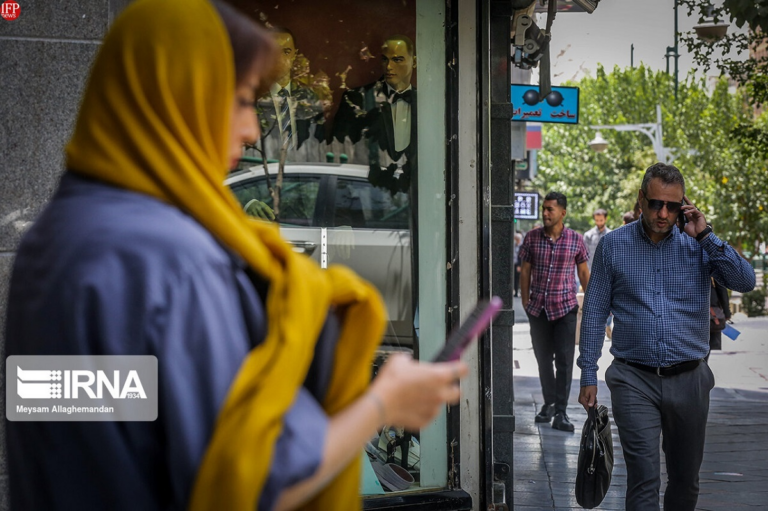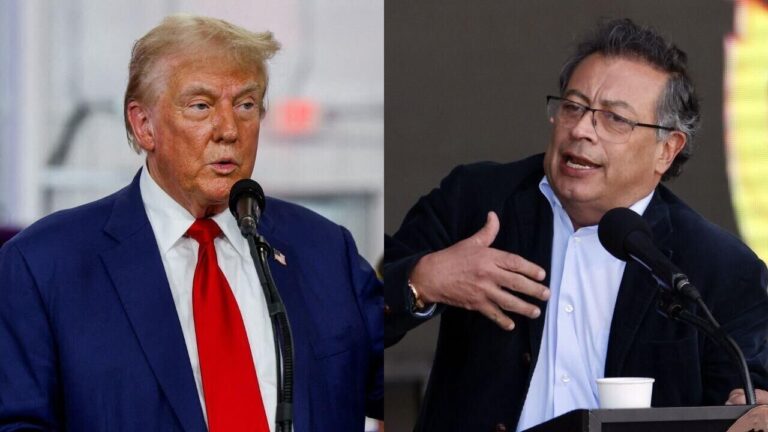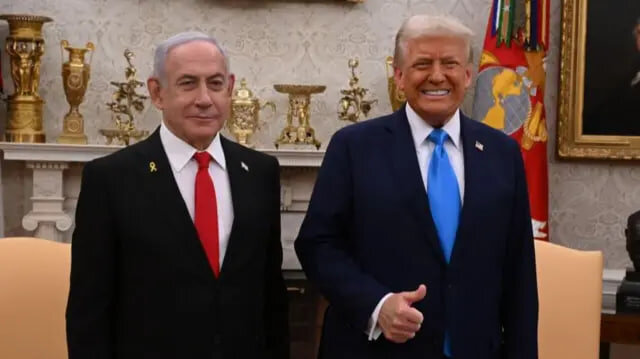Iran’s Parliament Issues Strong Condemnation of Quran Burning Incident in the Netherlands
In a recent development that has sparked outrage among the global Muslim community, a Member of the Parliament’s Presiding Board, Mojtaba Bakhshipour, addressed the issue during the Parliament’s open session. The incident in question involves an extremist who burned a copy of the Holy Quran in front of the City Hall in Amsterdam, Netherlands, on April 3rd. This anti-Islamic act has drawn widespread condemnation, highlighting the ongoing struggle against Islamophobia and the need for mutual respect among different cultures.
The act of burning the Holy Quran, or any sacred text, is not just an offensive gesture; it is a deeply hurtful action that impacts the sentiments of billions of individuals globally. The Holy Quran serves as a guide and a cherished spiritual source for Muslims and individuals of various faiths, promoting values of peace, justice, and respect.
In response to this incident, Bakhshipour stated:
“We, the representatives of the Iranian Parliament, strongly condemn the desecration of the Holy Quran and the spreading of hatred against Islamic sanctities, and declare that the excuse of supporting freedom of expression should not be used to hurt the feelings of Muslims around the world and to promote Islamophobia.”
This statement underscores the importance of understanding the implications of such actions. The representatives of the Iranian Parliament emphasized the need for respect towards religious beliefs and values, urging the global community to recognize the significance of the Holy Quran in the lives of millions.
- The Holy Quran is a revered spiritual source, guiding Muslims in their daily lives.
- Islam, like all religions, promotes peace and mutual respect among individuals.
- Acts of desecration only serve to fuel hatred and division.
Furthermore, Bakhshipour called on the Dutch government to exercise caution and not inadvertently support the inhumane actions of extremist groups. The rising tide of Islamophobia necessitates that governments act responsibly in addressing such incidents. The public’s expectations are clear: the Dutch government should take immediate action to prevent similar anti-Islamic behaviors and hold those responsible accountable.
This incident is not an isolated one; it reflects a broader trend of rising intolerance and hatred towards Islam and its followers. The need for dialogue and understanding among different cultures has never been more critical. In light of this, Bakhshipour’s comments resonate with the growing call for unity and respect among diverse communities.
In conclusion, the act of burning the Holy Quran is more than just a provocative gesture; it is a violation of the fundamental principles of respect and coexistence. The global community must come together to condemn such acts and promote a culture of understanding. The representatives of the Iranian Parliament have made it clear that the fight against Islamophobia and hatred must continue, and that every effort should be made to protect the dignity of all religions.
As we reflect on this incident, it’s essential to remember that freedom of expression should never come at the expense of respect for others’ beliefs. The call to action is clear: to stand against hatred and advocate for tolerance and understanding among all people.
